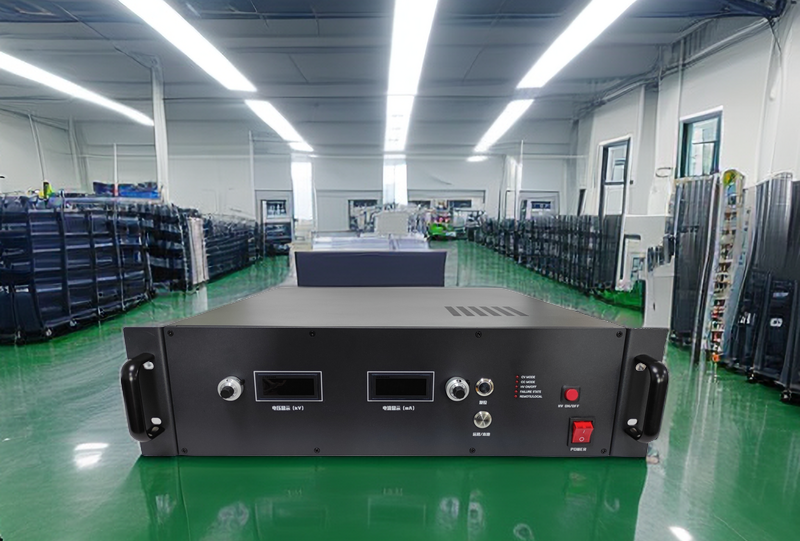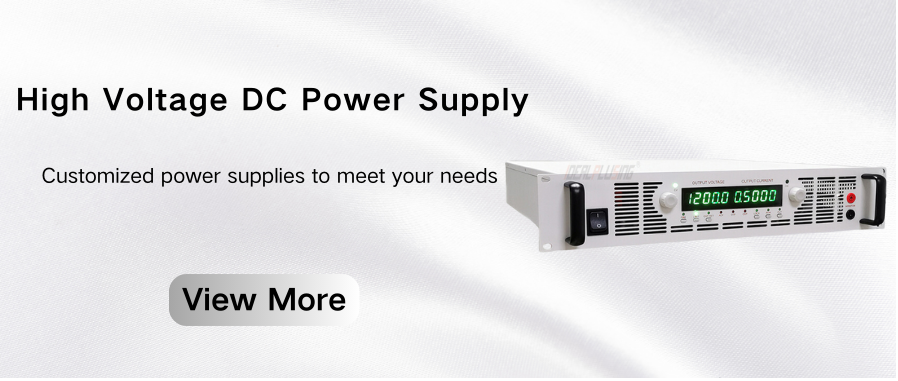Why use high-voltage direct current transmission? Compared with AC transmission, what are the advantages?
Advantages: Compared with AC, DC transmission lines have almost no reactance loss and longer transmission distance; each DC transmission line only needs two cables, while three related AC cables can greatly reduce metal consumption. There is no alternating magnetic field during DC transmission, and the interference to the outside world (such as communication, television, radio, etc.) is small.
Disadvantages: DC transmission lines cannot be directly connected and must be converted to AC before they can be used. The construction, operation and maintenance costs of rectifier stations are high, and there is insufficient work experience in UHV and UHV-DC transmission.
In general, with the development of DC technology, the extensive use of DC transmission under UHV and EHV will definitely be a development trend in the future.

What is the difference between high-voltage direct current transmission and high-voltage AC transmission?
In China's high voltage transmission system, some use DC transmission (such as the AC generated by the Three Gorges Hydropower Station is converted to DC transmission to the power grid after rectification), and some use AC transmission. The difference between the two is as follows.
First, if the transmitted power is the same, the cost of the line is low. For overhead lines, AC transmission usually uses three wires, while DC single poles only need one wire and double poles only need two. For wired lines, capital and operating costs are more advantageous, so large cities use underground DC cables.
Secondly, the active power loss of the line is very low: DC lines have no inductance, capacitance, resistance, and reactance loss. In addition, due to the "space charge effect" of DC overhead lines, that is, the skin effect, corona loss and radio interference are lower than AC overhead lines.
Secondly, it is applied to underwater power transmission: when using AC, in addition to the loss of the center resistor, the loss of the insulating medium, and the magnetic induction loss of the lead sheath and armor. When using DC, there is basically only the loss of the center resistor.
Thirdly, there is no system stability problem: the AC system has a certain responsiveness and there is a limit to the transmission power. If the limit is exceeded, the downstream generator and the upstream generator may lose synchronization, causing the system to disintegrate.
From this, the short-circuit current of the system can be limited.
Finally, fast speed regulation and reliable operation: when the AC system is short-circuited, the AC and DC lines operate in parallel, which can temporarily increase the DC transmission power to reduce the acceleration of the generator rotor and improve the reliability of system operation.







